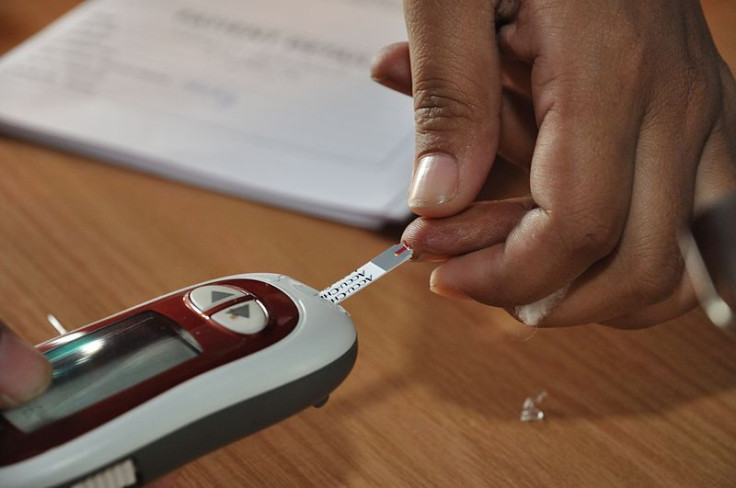Blood Glucose Meters Haven't Improved In Accuracy

Blood glucose meters, although cheaper now than ever before, haven't become any more accurate, according to Kaiser Health News.
The machines are now less painful and easier to use than they used to be, but U.S. Food and Drug Administration (FDA) officials say meters haven't become more accurate over the years. FDA officials attended a meeting today in which researchers analyzed data from multiple studies on the accuracy of the machines. The studies showed that there is a wide variation in the machines' performance.
Katherine Serrano, a diabetes branch chief in the FDA division of chemistry and toxicology told Kaiser Health News that the government is aware of these problems. But since the FDA relies on the manufacturers own studies to analyze accuracy, they are limited in their response — some manufacturers of the machines are in Asia. Manufacturers are also required only to prove that their machines are at least "substantially equivalent" to other meters already on the market.
"There have been a lot of advances in the technology of the meters but we have not seen great strides in accuracy," Serrano said.
With 25.8 million adults in the U.S. living with diabetes and 1.9 million new cases each year, inaccurate machines mean a person could dose themselves with too much or too little insulin. Too much insulin could result in drastically lowered blood glucose levels, which could be cause for hospitalization. The reverse scenario is also a dangerous emergency. Too much blood glucose leads to development of ketones, a poisonous by-product of broken down fatty acids in the body. Ketoacidosis, a condition that occurs when there are too many ketones, can eventually lead to dehydration, vomiting, fatigue, and even coma.
Researchers at the Diabetes Technology Society meeting in Arlington, Va., spoke about a number of studies conducted in the U.S. and Germany that showed many meters on the market could not meet the 95 percent accuracy standard of the FDA. This is concerning, considering that most consumers buy their meters based on lower pricing and what their insurance providers can cover — the accuracy of the meter is not even on their minds, researchers told Kaiser.
Serrano noted that factors such as storing the meter strips at extreme temperatures, which might damage them, or failing to wash hands can affect the accuracy of the meters, which can lead to small amounts of food or sugar getting on the strips. There are a number of other tips that the FDA provides for improving the accuracy of a blood glucose test, including:
- Making sure there's a correct amount of blood on the strip.
- Letting the blood flow freely from fingertips, rather than squeezing the blood out.
- Making sure the test strips are compatible with the meter you are using.
- Using unexpired test strips.
- Testing meters with control solution.
Published by Medicaldaily.com



























